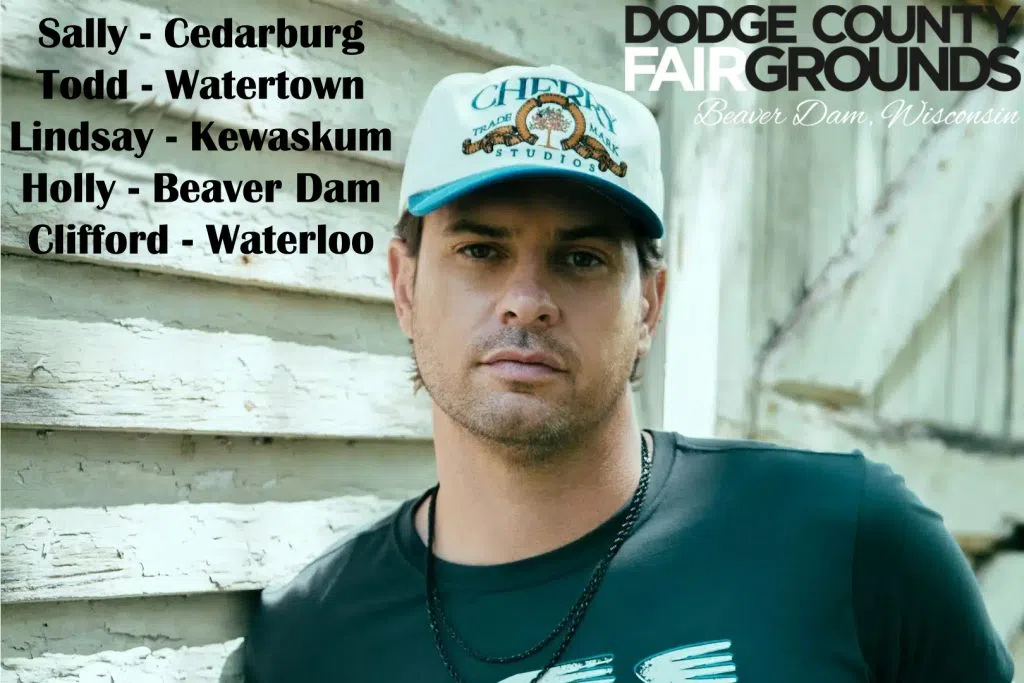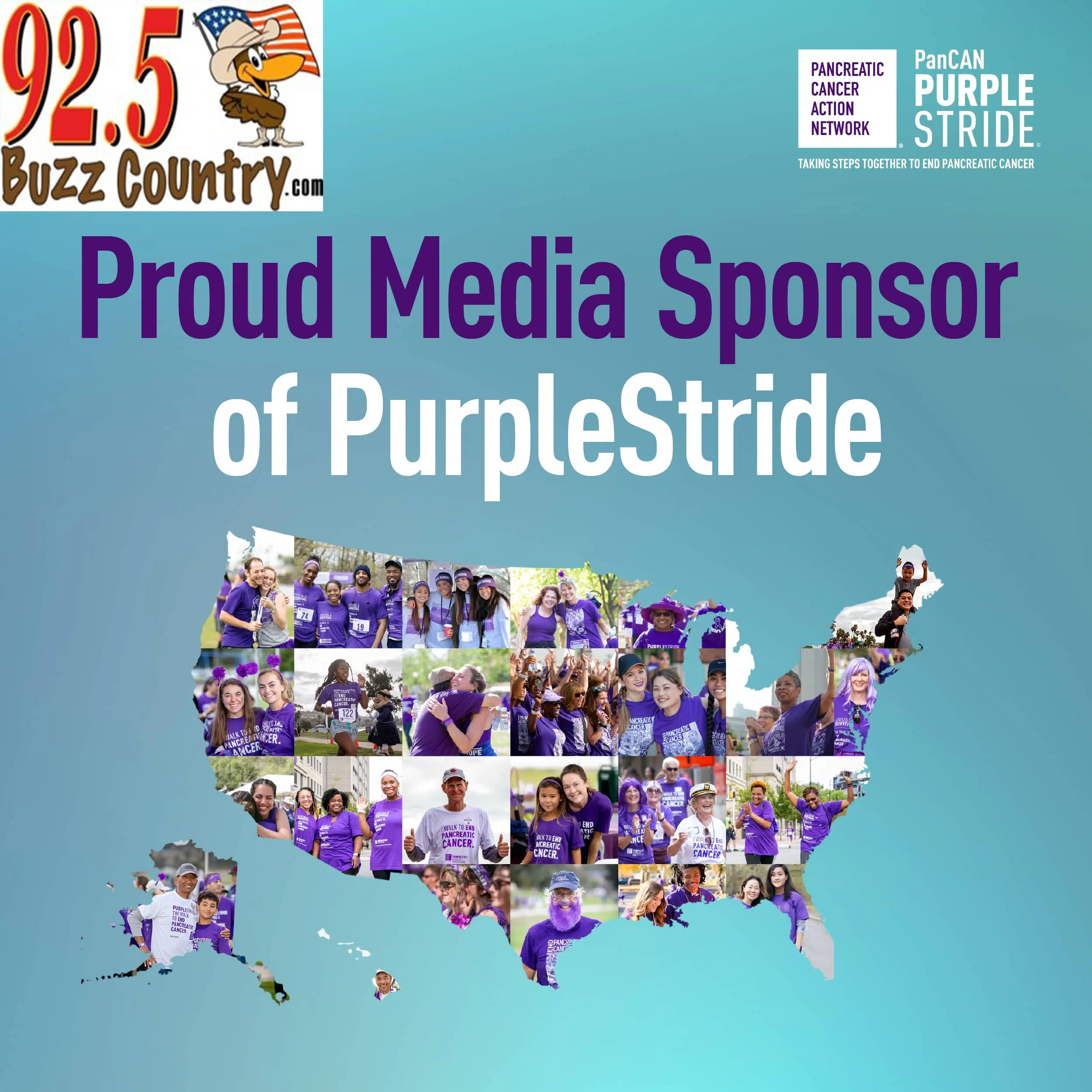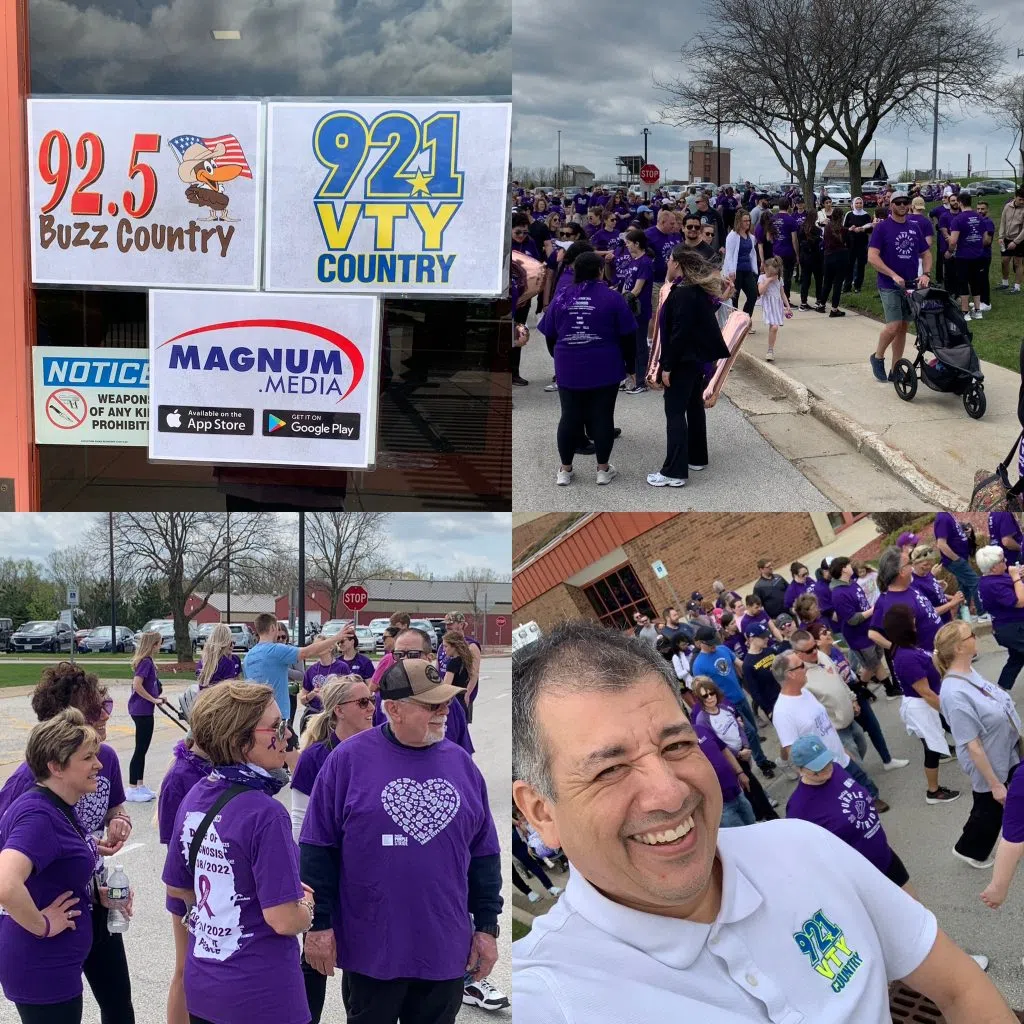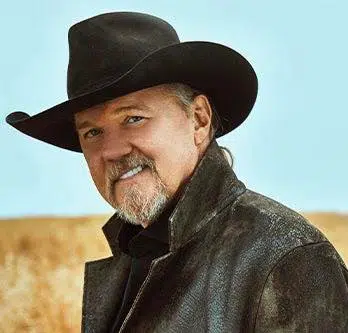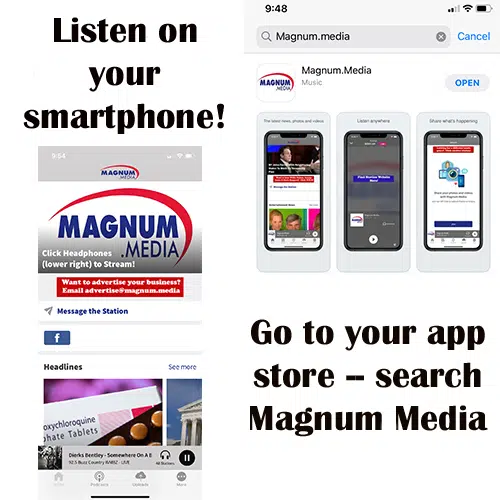Saturday (May 14th) marks the seventh anniversary of the death of the truly legendary, B.B. King, who died at the age of 89 following a series of strokes, and passed away in his sleep at his home in Las Vegas. B.B. King had long suffered from Type II diabetes and canceled a tour in October 2014 due to ill health. He never performed live again.
Best known outside of the blues world for classic songs like “The Thrill Is Gone,” King was a touring artist for over a half-century, averaging 275 shows a year. He also released more than 50 albums since the 1940's, was inducted into both the Rock and Roll Hall of Fame and the Blues Hall of Fame, won 15 Grammy Awards — including a Lifetime Achievement Award — and was the recipient of Kennedy Center Honors from President Bill Clinton in 1995.
Ranked Number Six on Rolling Stone's 2011 list of the 100 Greatest Guitarists of all time, King influenced generations of blues and rock guitarists and was one of the biggest blues artists to cross over from regional success to mainstream and commercial fame within his own lifetime.
B.B. King was born in Mississippi as Riley B. King on September 16th, 1925 and worked in the cotton fields as an orphan before starting on the path that made him a living legend and a national treasure.
Longtime friend and frequent collaborator Eric Clapton was the first to offer up a eulogy to King posting a video online, which said in part: “I just wanted to express my sadness and to say thank you to my dear friend B.B. King. I want to thank him for all the inspiration and encouragement he gave to me as a player over the years and for the friendship that we enjoyed. There's not a lot left to say because his music is almost a thing of the past now and there are not many left that play it in the pure way that B.B. did. If you're not familiar with his work I would encourage you to go out and find an album called B.B. King Live At The Regal, which is where it all really started for me as a young player.”
Rita Washington, the 13th of B.B. King’s 15 children, and among those battling for custody of King in his final days, was quoted by The New York Post's Page Six as saying: “My dad grew up with a broken heart . . . He left here with a broken heart. He didn’t have his loved ones with him. God has given him wings. He’s there with family now.”
B.B. King was among the first of the famed bluesmen to be able to break down the intricacies of the form and discuss the structure of the blues to the general public: “Most of the tunes that I play is of a 12-bar pattern. Which is, some people call the regular traditional type of blues, even though I like jazz and sometimes I find a lot of fun in trying to play just a little bit for my own amusement; which would be eight or 32-bar-type things. Now, there are blues that I play that are eight-bar-type of blues that I play, but not as much as I do with 12-bar-type-things. So, what I meant about my time — not the beat. The beat. . . they usually say I’m pretty good, that I drive quite a bit while playing on the beat. But for instance, a 12-bar tune, I allow the end at about 15-bars (laughs), y’see, because that’s when (laughs) anybody listening don’t pay it any attention, but anyone trying to play with ‘em, that’s when you have problems.”
King jokingly recalled what prompted his initiation into the blues: “Before the army, I was a spiritual singer, y’see; but when in went in the army I started singing’ blues — and I think most guys do (laughs).”
Through his career, B.B. King was always cognizant that the blues needed to be a living breathing force and that performing live and maintaining an audience was the only way to ensure that: “As long as you’re able to play to people, that’s the thing that’s important to me, is being able to have an audience. Being able to know that there are people that like what you do, or your artistry. At one time I thought that it was dying out too fast, but today, I feel that it’s dying out as we’ve known it. Of course now, don’t misunderstand — we’ve got so many talented people that are continuously creating the music. The music is being created or, shall we say, new ways to play old music is being created all the time, and believe it or not, some very wonderful sounds are coming from it.”
When we caught up to him just prior to his 2015 death, we asked B.B. King what his favorite song was after all these years. Not surprisingly, the guitarist went with his 1970 signature tune, “The Thrill Is Gone”: “I'd have to go with 'The Thrill is Gone,' because if I didn't play that at night I'd probably get tomatoes thrown at me. One night in New York, about two in the morning, I pulled it out and had a great rhythm section that morning and, boy, the minute we started, it clicked. I could hear it right then.”





